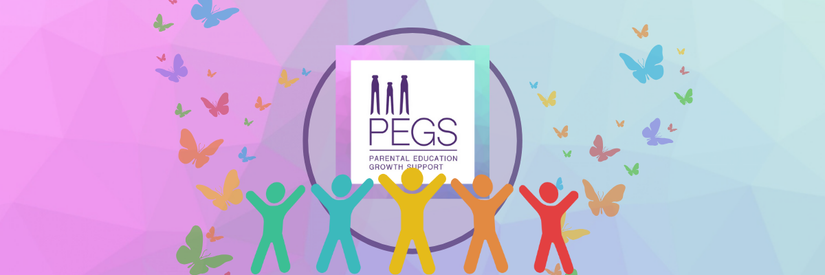We’re Proud to Be a Level 2 Disability Confident Committed Organisation
We’re Proud to Be a Level 2 Disability Confident Committed Organisation
We’re always looking for ways to do more, be better and break down barriers for anyone, including the parents and carers we support, for the professionals we work alongside and for our own team. That’s why we’re incredibly proud to share that PEGS is now officially a Level 2 Disability Confident Committed Organisation.
So, what does that mean and why does it matter?
The Disability Confident scheme is about more than ticking boxes. It’s a commitment to inclusion and accessibility, making sure that everyone, regardless of disability has the opportunity to thrive and feel comfortable.
Becoming a Level 2 Disability Confident employer reinforces our promise to continue learning, improving and removing the barriers that can get in the way of anyone reaching their potential.
Why This Is Important for Professionals
For the professionals and partners we work with, whether in education, social care, policing, health or beyond, this step sends a clear message. We’re an organisation that values equality and fairness. We want to collaborate with others who share these values and who understand.
We’re always championing those on the frontline who are trying to make a difference in the lives of families affected by child-to-parent abuse. We know that creating a more inclusive workforce and sector overall benefits everyone.
Why It Matters for the Parents & Carers We Support
To the parents and carers who we support, being Disability Confident means we’re ensuring our support is accessible to all parental figures, whatever your background, needs or circumstances. We're constantly working on ideas to make our services easier to use and easier to access.
It also means that if you want to get involved with PEGS, as a volunteer, peer supporter or team member, we’re committed to removing any barriers.
What’s Next?
Level 2 is an important milestone but we’re not stopping here. Team PEGS will continue listening, learning and adapting to become the best version of PEGS we can be. That means reviewing ourselves, offering training and making sure accessibility is woven into everything we do.
We’re excited about this next chapter and what it means for the future of PEGS and those we support.





